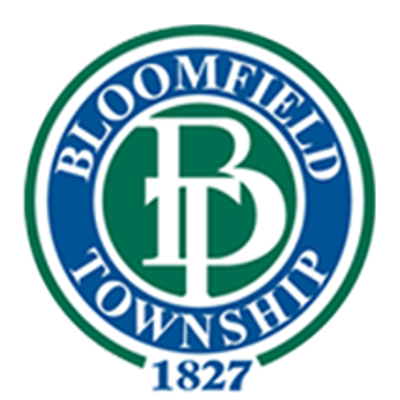Bloomfield Township Water Quality
FAQs About Lead and Copper in Water
- Sources of Lead and Copper and Health Effects
- Corrosion Control and Water Testing
- Service Lines and Plumbing Fixtures
- Drinking Water Quality in the Home
- How to Flush Your Water Heater Tank
- Water Testing – MDEQ Drinking Water Laboratory
- GLWA Statement on Lead and Copper Sampling Results
2024 Annual Quality Water Report
Bloomfield Township is pleased to inform you that in 2024, as in past years, we have surpassed the water quality standards required by the U.S. Environmental Protection Agency (EPA) and the Michigan Department of Environment, Great Lakes, and Energy (EGLE). The 2024 Annual Water Quality Report describes the source of our water, lists our test results, and contains important information about water and health. This report is intended to provide consumer understanding of drinking water and to heighten awareness of the need to protect our precious water resources. We hope this report addresses any drinking water quality concerns you might have.
Protecting Our Drinking Water
Did you know that YOU could pollute your own drinking water without realizing it? A cross connection is a direct or potential arrangement of drinking water piping that is or can be connected to a questionable source. Elimination of cross connections is an important step in protecting the water that we drink.
Read more about the Township's Cross Connection Program.
Conserve Water
The Township purchases water from Southeast Oakland County Water Authority (SOCWA) instead of directly from Detroit Water and Sewerage Department (DWSD). Lowering the Township’s maximum daily and peak water demands may result in lowering the rate charged by SOCWA. Reducing water usage during peak demand periods will provide better reliability of the system’s operating pressures for fire prevention.
Read more about conserving water.
